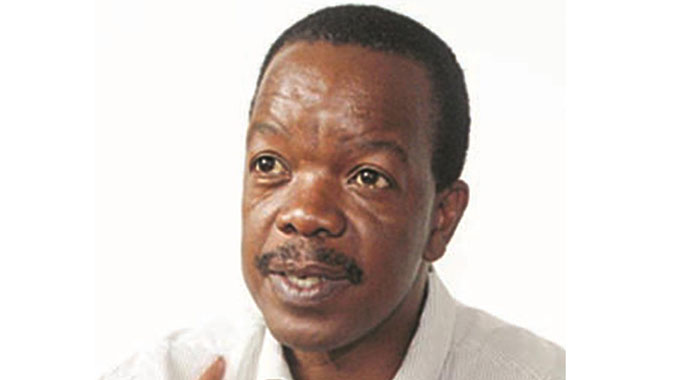
Golden Sibanda Senior Business Reporter
Tobacco farmers have engaged the Reserve Bank of Zimbabwe (RBZ) to address concerns over fixed Zimbabwe dollar exchange rate amid uncertainty on the actual date for the start of this year’s golden leaf marketing season.
RBZ governor Dr John Mangudya, announced last month that the Zimbabwe dollar exchange rate had been fixed at 25 to 1 against the US dollar as part of a cocktail of the central bank’s response measures to minimise the impact of the global pandemic on the domestic economy.
Prior to fixing it, the exchange rate had been determined via a newly adopted managed float system on the interbank market, where it had continued to lose ground exponentially against the greenback.
Tobacco Industry and Marketing Board (TIMB) chief executive Andrew Matibiri, confirmed tobacco farmers were engaging the central bank over the fixed exchange rate but would not share further details.
“Yes, I can confirm that tobacco farmers have engaged the Reserve Bank of Zimbabwe and are due to have a meeting with the officials, but for proper details, you can contact the Zimbabwe Tobacco Association chief executive officer, (Rodney)Ambrose,” Dr Matibiri said.
The ZTA ceo confirmed efforts to have the bank reconsider its position regarding the fixed exchange rate saying a proposal had been submitted to the RBZ, but added that it was too early to share more details.
This year’s tobacco selling season was due to begin on April 22, but has been deferred in definitely due to concerns over health risks of the Covid-19 pandemic.
The World Health Organisation (WHO) declared Covid-19 an international health emergency, which also saw Zimbabwe decreeing the disease a national health emergency, prompting President Mnangagwa to order a 21-day lockdown of the country to contain and stem out the pandemic.
Amid indications of growing existential risks associated with Covid-19, which has killed four and infected 29 in Zimbabwe, the initial 21-day lockdown, which was due to end on April 19, was extended by a further two weeks to March 3, 2020.
The start of the selling season had already been delayed by a month due to the effects of late rains last year on crop maturity.
TIMB said while the tobacco selling season usually starts in March, this had not been possible this year following disruptions caused by the global outbreak of Covid-19, which has killed over 180 000 and infected more than 2,5 million.
As such, the industry is pursuing stringent modalities on how tobacco sales can proceed, but in a manner that does not promote spread of coronavirus, which causes the Covid-19 disease.
Tobacco is Zimbabwe’s main export crop, recording US$898,8 million in sales in 2018, down from US$913,8 million in 2017, according to data from the Tobacco Industry and Marketing Board.
This goes a significant way in enhancing the country’s trade balance, which has averaged minus US$233 million between 1991 and 2019, before posting a record high of US$293 million last December.
Generating nearly a billion United States dollars annually, tobacco is a major contributor to balance of payment position for a country that hit a negative BoP record of about US$4 billion just after the height of its near decade long economic crisis in 2008.
The country’s most valuable crop contributes 8-15 percent to Gross Domestic Product and 25 percent to total annual exports, according to the Zimbabwe Tobacco Association.
More than 100 000 mostly indigenous black families now survive from tobacco farming in Zimbabwe, up from round about 20 000 at the turn of the century, when whites dominated the industry.
At its previous peak in 2000, Zimbabwe produced 236 million kilogrammes of tobacco, which it surpassed with a second consecutive record output of 258kg last year.
While production has grown exponentially since 2017, when output was 180 million kg, erratic rains and dry spells early in the season are expected to cause a 13 percent decline in deliveries this year.
